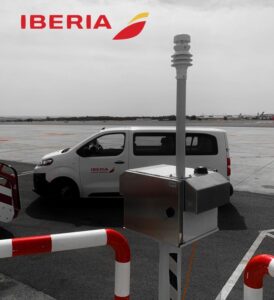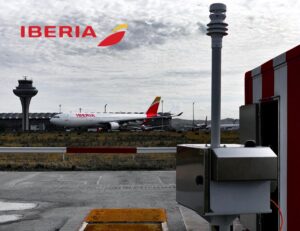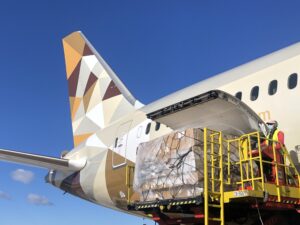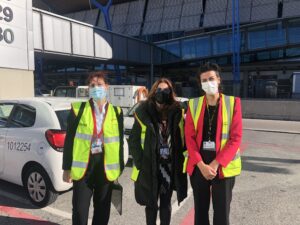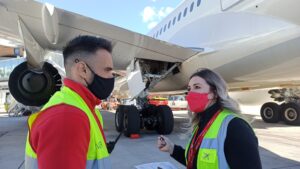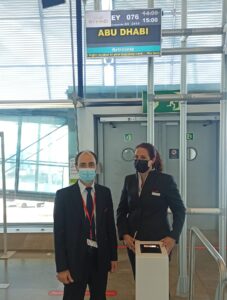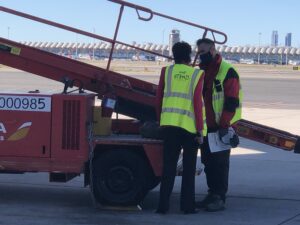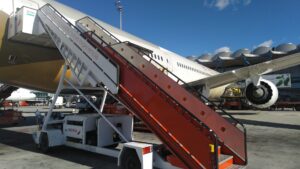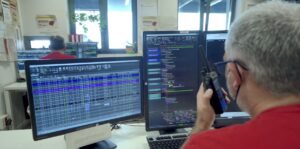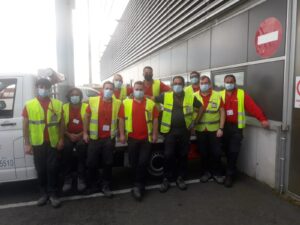Ibiza airport is located 7 kilometres from the city and also serves the island of Formentera. It was inaugurated in 1958 for domestic traffic and in 1966 it was also opened for international traffic, once the runway was extended and the control tower was built. It has subsequently undergone several extensions and refurbishments.
It occupies 9th place in the ranking of Spanish airports (in 2019) and in 2014 the ICAO certified Ibiza airport as the most seasonal airport in the world. Despite the pandemic, IBIZA has demonstrated its potential for all types of tourism and in August has already exceeded the number of flights scheduled in 2019.
The airport’s high degree of seasonality determines the staff of Iberia Airport Services (IBAS), which has between 90 and 300 employees (depending on the season) to attend to the 13 client airlines that operate: Vueling, Iberia Express, Air Nostrum, Transavia, British Airways, Cityflyer, Volotea, Wizz Air, LOT, TAP, Chair, Neos, Ego Airways, etc.
Susana Espinosa, has been IBZ’s airport manager since 2018 and has held different positions in the company since 1989, all of them on the “front line of battle”: “the great challenge of this stopover is, without a doubt, managing seasonality and going from 0 to 100 in a matter of days. A lot of planning and foresight to be ready on the first day of high season. But our staff has internalised this way of working and they live it very naturally. It is even more shocking for those who come from outside to see how the city is completely transformed from one day to the next”.
Roberto García Osorio, a ramp supervisor and chief agent depending on the needs of the operation, tells us that “I even like the smell of paraffin! Working at Iberia, I have realised that you never have to stop learning, you always have to reinvent yourself.
Roberto is in love with Ibiza and gives us his favourite places on the island:
– Strolling through Dalt Vila, the old town, during the second weekend of May; it is transformed into a medieval market to celebrate its declaration as a World Heritage Site.
– Visit some of its best coves and beaches: Cala Salada, Cala Saladeta, Cala Bassa, or Cala D’Hort, where, right in front of it is located Es Vedrá, a magical and legendary islet 382 metres high, protected as a nature reserve.
– Contemplate the popular sunset of Cala de Benirras to the sound of hippie drums. For me it is one of the best places to watch the sunset in Ibiza. Just a word of advice, get there early if you don’t want to run out of space!
Are you going to miss it?

